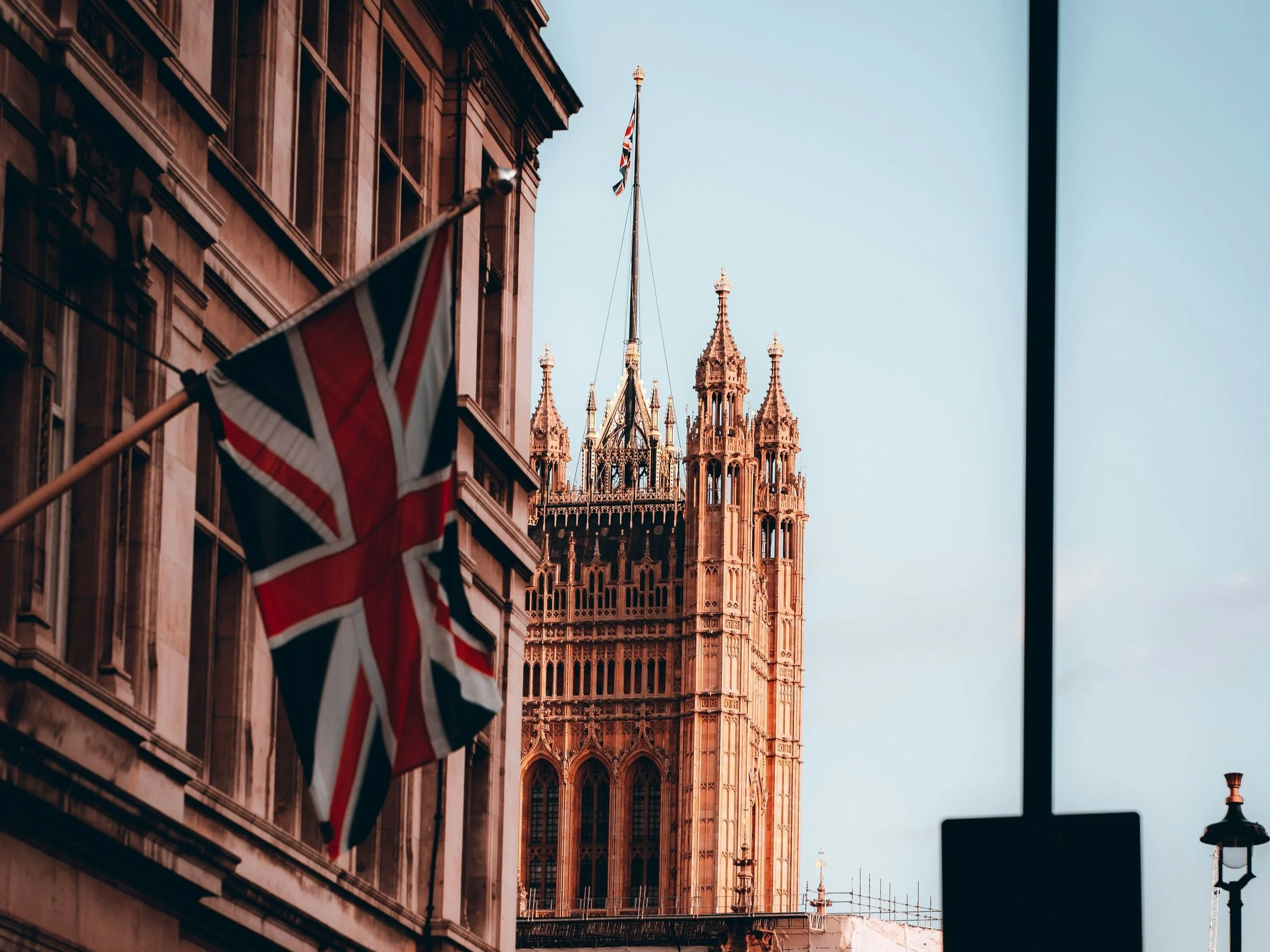
Raise standards of political integrity to restore public trust

Recently, the UK has been dogged by stories of corruption scandals and bad behaviour in public life. Notable examples include the sale of privileged access to a former Prime Minister (including to people linked to the Kremlin); the government awarding billions of pounds in PPE contracts based on political connections rather than performance; the award of life peerages to generous political donors; and MPs caught lobbying ministers in return for cash.
These scandals happen in part because of weak rules in Westminster and Whitehall.
Despite various watchdogs, committees, and codes for public life, our system still relies heavily on the ‘good chaps’ theory: the idea that people in positions of power will abide by an understanding of good behaviour in public life, rather than needing clear rules to police them.
What’s more, systemic problems in UK politics leave it vulnerable to corruption and undue influence. Decisions that are meant to be taken in the public interest can be taken for the personal benefit of politicians and their allies. This causes all sorts of wider damage, including jeopardising fair economic development for the UK and limiting effective responses to national emergencies - as demonstrated by the pandemic.
Perhaps the gravest damage it causes is to public trust in politics and confidence in our democracy more generally. Without urgently addressing these problems, we leave the door open to disenfranchisement, disinformation, and extremism.
The situation can also be exploited by foreign governments to influence UK politics, causing major unrest and, at times, violence.
So we welcome the new government’s commitment to “restore confidence in government and ensure ministers are held to the highest standards”.
It’s now imperative that the government follows up with the following robust reforms:
-
The Government urgently needs to raise and enforce standards through greater lobbying transparency; stronger post-government employment rules to prevent abuse of the “revolving door”; a new independently enforced, ethics-based ministerial code; and a statutory offence for corruption in public life. We urge the government to:
Clarify the role, responsibilities, and ambition of the proposed Ethics and Integrity Commission, ensuring its full independence from government. A neutral, appointed individual should lead it - such as a former judge - through a process that ensures a high level of independence.
Give the Advisory Committee on Business Appointments (ACoBA) the resources and powers to prevent abuse of the revolving door, and make adherence to the Business Appointment Rules an enforceable legal requirement for ministers. These new powers should align with the specific recommendations by CSPL, including a 5-year lobbying ban.
Embed the long term independence and resilience of ACoBA, the Independent Adviser on Ministers' Interests, and the Public Appointments Commissioner by placing them on a statutory footing as recommended by the Committee on Standards in Public Life (CSPL).
Ensure greater rigour and transparency in public appointments - and guarantee a high level of independence for the heads of the public standards regulators and the new Ethics and Integrity Commission - as per recommendations by the CSPL.
Introduce a statutory offence for corruption in public office that includes abuse of function, trading in influence, and illicit enrichment, in line with the UK’s international commitments, to ensure those who commit serious abuses of power for private gain can be held criminally accountable.
Address gaps surrounding whistleblowing in the Civil Service by improving data collection on internal whistleblowing, exit interviews following investigations, and consistent standards and practices across departments. Particular attention should be given to the failures outlined by the 2024 National Audit Office report.
Continue implementing CSPL's recommendations to improve lobbying transparency disclosures by making them more regular, and improving their quality, and roll out the single database for all departmental transparency returns (covering meetings, gifts, hospitality and travel) committed to by the previous government. This database should include transparency returns for Special Advisors and there should be accountability if departments do not file their returns on time.
-
Recent scandals have shown the importance of limiting MPs' second jobs and ‘freebies’; tightening funding rules for overseas trips; making public appointments and honours more transparent; and reforming the House of Lords to cap its size and clean up the nomination processes. We call on the government to:
Create and enforce rules that prohibit paid lobbying by MPs to avoid the perception or reality that those in public office are acting on behalf of outside private interests.
Place tighter controls on the funding of parliamentarians’ overseas visits. Trips sponsored either directly or indirectly by corrupt and repressive regimes may present the perception or reality that parliamentarians’ judgement and actions are influenced by the intent of their hosts.
Put greater limits on parliamentarians’ outside activities to prevent conflicts of interest between elected roles and second jobs. Exceptions would include roles that require the maintenance of professional registrations, political activity, or providing an essential public service.
-
To end the corrosive influence of money in politics, we need to cap political donations, introduce proper checks on the source of donors’ funds, enable stronger enforcement of electoral law, and reduce reporting thresholds for donations. The government should:
Restore the powers and independence of the Electoral Commission.
Consolidate electoral law into a single legislative framework.
As a first step, initiate cross-party talks to explore capping spending and donations in line with recommendations by the Committee on Standards in Public Life (CSPL).
Change the reporting thresholds for donations via secondary legislation to be consistent with permissibility thresholds (currently £500) to increase transparency over political donations.
Tighten the rules to ensure donations from UK companies cannot exceed their net profits generated in the UK within the preceding two years.
Prevent foreign state interference and dirty money from entering our political system, and restore public trust by introducing a) legal requirements for political parties to identify the true source of funds as part of a risk-based approach to donations, b) much stronger enforcement of electoral law, and c) a review into whether existing laws in this area are sufficiently effective in preventing donations from foreign sources and the proceeds of crime.
-
We consider the newly introduced House of Lords (Hereditary Peers) Bill the first step in the wider reform of the House of Lords. Additional steps the government should take include:
Overhauling the process for nominations to the Lords. The House of Lords Appointments Committee (HoLAC) should be put on a statutory footing, and the Prime Minister should grant the Committee the following powers:
> Making all nominations subject to vetting for candidates’ suitability and propriety
> Providing HoLAC with the power to veto nominations they deem unsuitable or improper
> Strengthening the HoLAC guidance so that the corruption risks connected to party nominees – especially for those who have held a fundraising role – are considered more explicitly in the vetting process.
Reducing political patronage by introducing a cap on the size of the House of Lords.
Deterring impropriety and preventing rogue conduct damaging the reputation of the House of Lords, by introducing a process for withdrawing peers’ titles when they engage in egregious misconduct.
Preventing peers from avoiding scrutiny by making rules and reporting requirements consistent even during leaves of absence.
